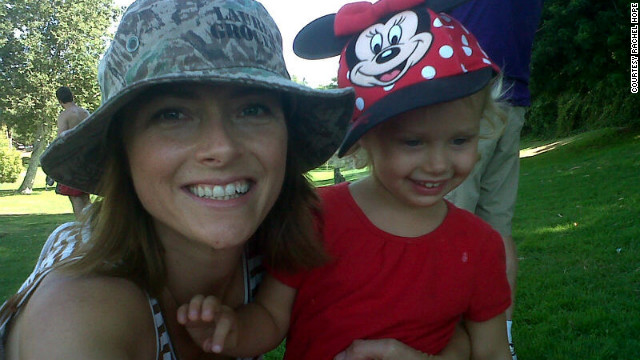By Emily Sullivan
Opinion Editor
There are some pretty crazy ideas of therapy out there. I’ve heard of electric shock, pain association, and medical marijuana.
But you know what I’ve never heard of? Medical ecstasy. What’s next, medical cocaine?
Rachel Hope suffers from post-traumatic stress disorder due to sexual abuse as a child and a life-threatening car accident. When she called her doctor Michael Mithoefer complaining about PTSD symptoms, he told her that there was a chance that 3, 4-methylenedioxymethamphetamine (MDMA), or ecstasy, could relieve her PTSD, according to a Dec. 3 CNN article.
“I had very low expectations,” Hope said.
Regardless of her pessimism, she boarded a plane to South Carolina to take part in the experiment.
When she finally began the treatment, doctors gave her a placebo drug. Even though Hope had never used drugs before, she knew that doctors weren’t giving her ecstasy. A week after the placebo test, Mithoefer was given permission to administer the real drug, according to the article.
This time, she knew it was the real deal.
“It was like my whole brain was powered up by a Christmas tree, all at once,” Hope said.
Hope said at least 80 percent of her symptoms disappeared during that first session and another 10 percent went away during the next few treatments.
But at what cost?
According to the National Institute on Drug Abuse, 43 percent of MDMA users met the criteria for addiction. When users of MDMA go through withdrawal, the common symptoms include fatigue, loss of appetite, depressed feelings and trouble concentrating.
Hope’s story is extremely sad. No one should have to go through abuse of any kind, and sexual abuse is particularly horrendous.
But what if Hope becomes addicted to the drug? Sure, doctors helped her put one traumatic event behind her, but now she has to go through the pain of withdrawal. And even if the participants, like Hope, don’t become addicted during the actual process, they could still find a way to get a hold of ecstasy outside of the medical setting.
Is it really worth it to introduce someone to an otherwise illegal drug when it is known to be addictive? No.
Dr. Edna Foa, the creator of prolonged exposure therapy for PTSD, agrees.
Foa met with Mithoefer and reviewed several of the audiotapes from the MDMA therapy, according to the same CNN article.
“They were all over the place. They didn’t use evidence-based therapy,” said Foa. “They were just kind of going with feeling. I don’t know the rationale.”
So far, they have only tried MDMA therapy on 19 people, according to the same article. Before anyone even thinks about making this a commonly practiced therapy, Mithoefer and those working with him on this need to think about all the possibilities.
It doesn’t make sense to fix suffering with more potential suffering.






